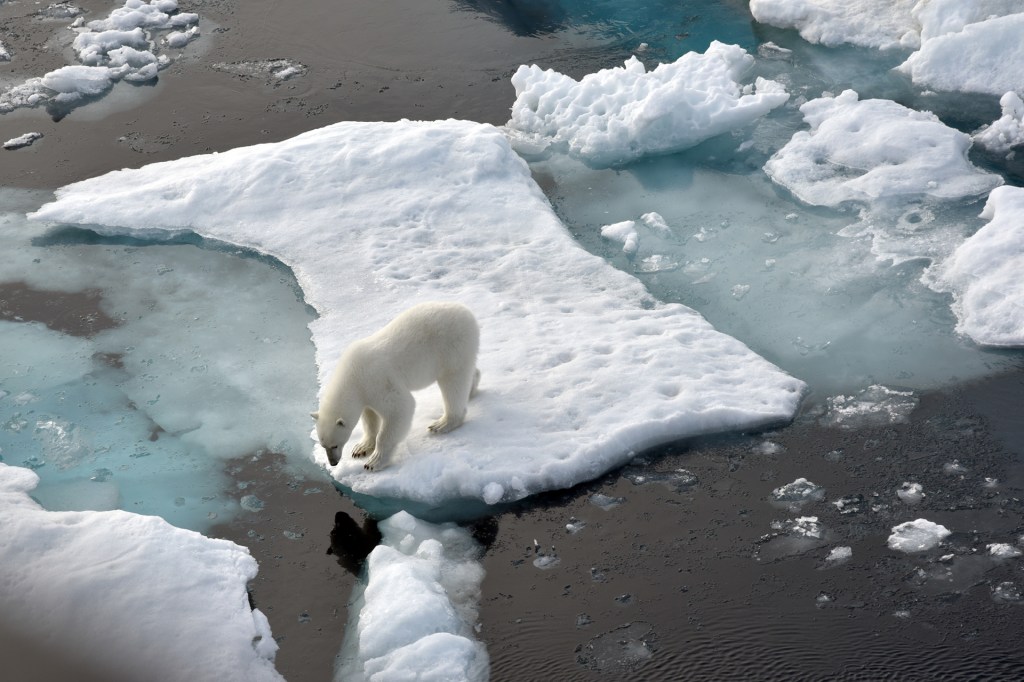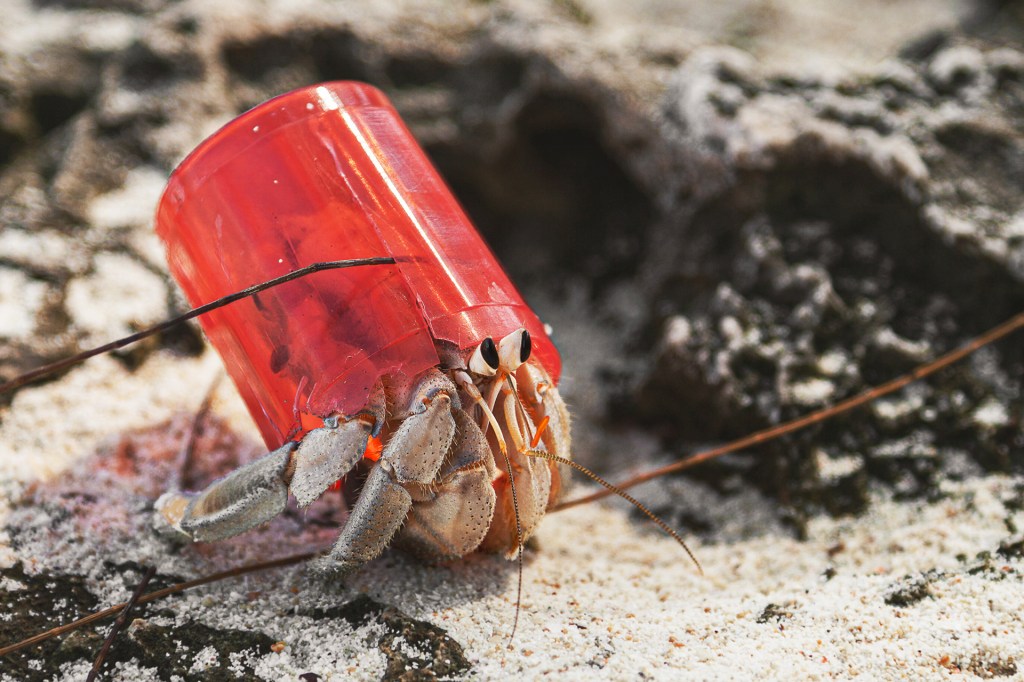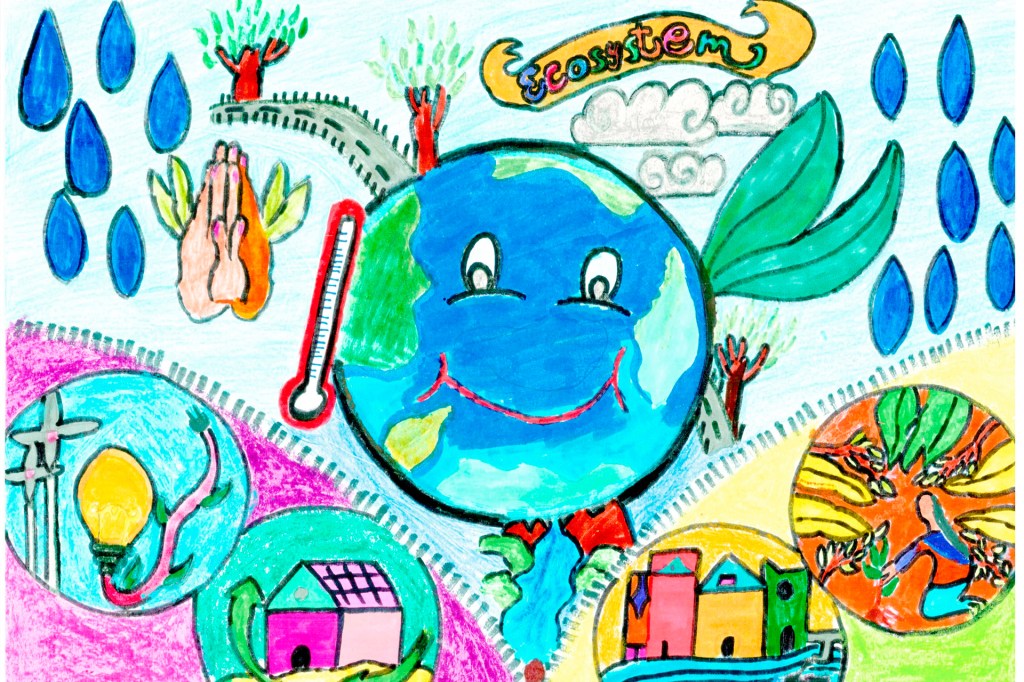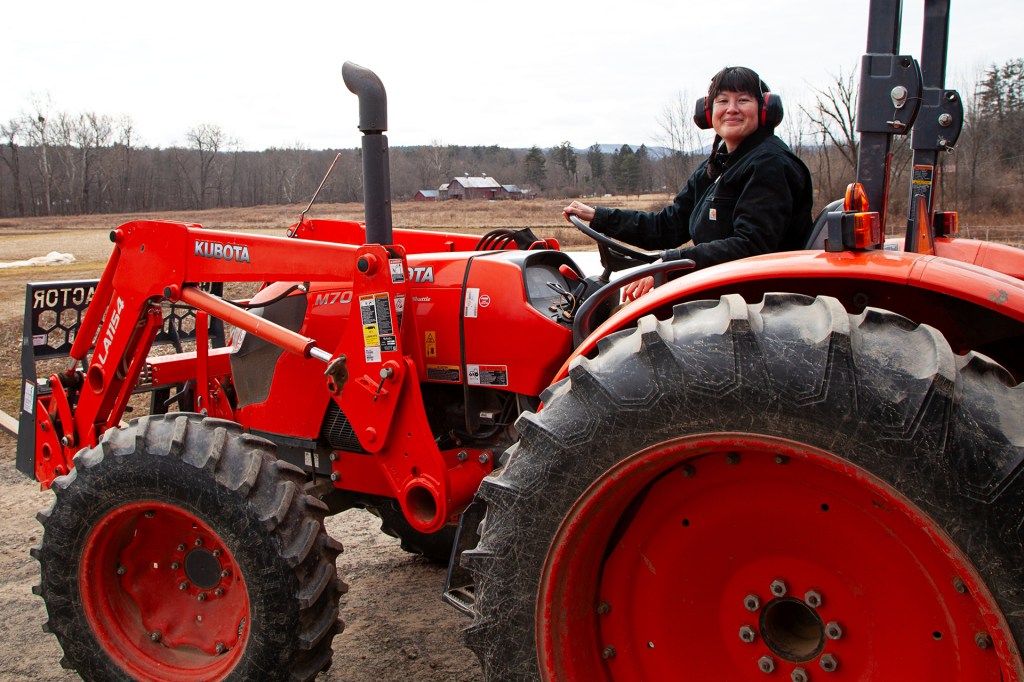Polar Bears in Danger

Most polar bears could disappear by the end of the century, scientists say. Global warming is to blame.
According to a study published this month in Nature Climate Change, most polar bear populations will be in serious decline by 2080. The cause is melting sea ice. Polar bears hunt seals on the ice. Without ice, the bears must roam on the shore, where they are spending more and more time away from their main food source. That means the animals could starve.
“There’s not enough food on land to sustain a polar bear population,” Péter K. Molnár told the New York Times. He is the study’s lead author.
Lack of food leads to another problem: Mother bears may not be fat enough to produce milk for their cubs. Some bear populations could stop having babies, leading to a rapid decline in numbers.
Polar bears are the largest land carnivores on the planet. They help keep other animal populations in check. Losing them would throw habitats off-balance. “Their loss would reverberate throughout the ecosystem,” Marika Holland says. She’s one of the authors of the study.
Arctic sea ice usually melts in the spring and summer, then grows in the winter. But now, the ice is taking longer to grow back. Weather statistics say the Arctic is warming twice as fast as the rest of the planet. Ice in the region has declined 13% every 10 years since the 1970s.
The Arctic is home to roughly 25,000 polar bears. Scientists have long known that the animals are in danger. This study, which looked at 13 of the world’s 19 polar bear populations, is the first to identify when they could disappear.
But the study also notes that it is still possible to slow Arctic melting. The world can reduce the burning of fossil fuels and lower the greenhouse gas emissions that contribute to climate change. It would have to be a drastic reduction. Bringing emissions to only a moderate level will still mean the loss of some polar bears.
Saving the bears is up to us, Holland says. “I believe that there is hope,” she says. “But humans need to act quickly to turn that hope into a reality.”












